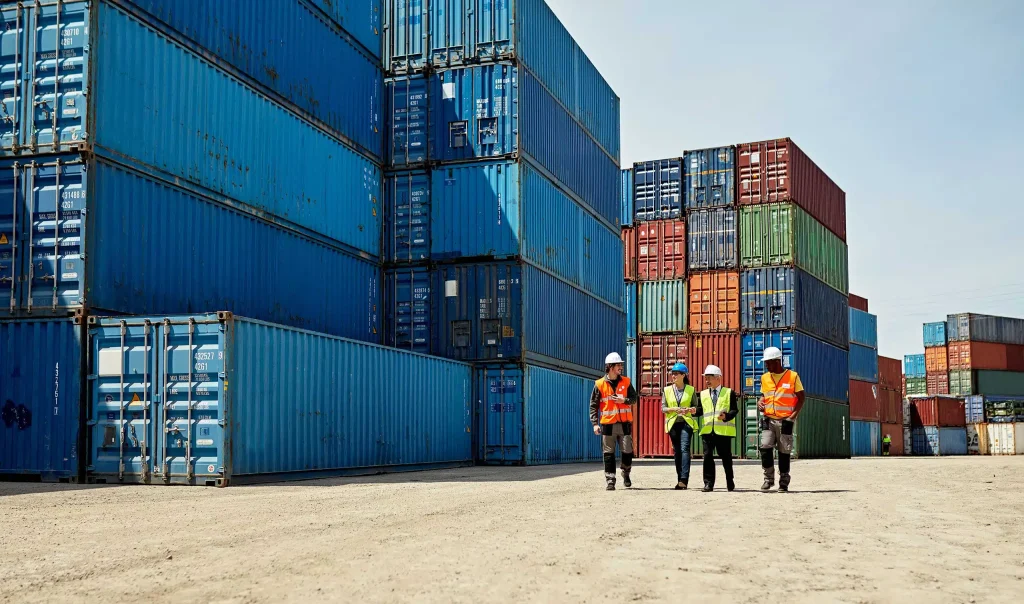The wood pulp industry, an essential segment of the global manufacturing and packaging sectors, relies heavily on a stable and efficient supply chain. Wood pulp is the primary raw material used to produce paper, cardboard, and other cellulose-based products, making its timely and reliable distribution crucial for countless industries. As global demand for paper-based products continues to grow, the role of shipping in maintaining supply chain stability becomes even more pivotal.
The Importance of Shipping in the Wood Pulp Supply Chain
Shipping serves as the backbone of the wood pulp industry’s logistics, enabling the movement of raw materials from forests to processing facilities, and eventually to global markets. Given that wood pulp production often takes place in specific geographic regions—such as the United States, Canada, Brazil, and Nordic countries—efficient global transportation networks are essential. These regions export massive volumes of pulp to countries with higher demand, such as China, Japan, and various European nations. Without reliable shipping solutions, pulp-producing companies would struggle to meet market demands, leading to production slowdowns and rising costs across dependent industries.

Challenges to Shipping Stability
Several factors pose challenges to maintaining a stable supply chain in the wood pulp industry. Geopolitical tensions, trade wars, and shifting trade agreements can disrupt the flow of goods, causing delays or increased costs. Additionally, the shipping industry faces its own set of hurdles, including fluctuating fuel prices, labor shortages, and climate-related disruptions. These challenges can ripple through the wood pulp supply chain, impacting everything from transportation costs to inventory levels. One critical issue is the availability of shipping containers. Since wood pulp is a bulky product, it requires a large amount of shipping space. The recent global container shortage has underscored the vulnerabilities in the supply chain, highlighting the importance of ensuring adequate shipping capacity. For companies in the wood pulp industry, securing long-term contracts with shipping providers can help mitigate these risks.
Strategies for Enhancing Supply Chain Stability
To ensure supply chain resilience, wood pulp companies are increasingly adopting strategies that diversify their shipping routes and transport options. Investing in intermodal transportation—combining ships, trains, and trucks—provides flexibility and minimizes risks associated with reliance on a single mode of transport. In addition, building stronger relationships with shipping companies and improving real-time Container shipping for forest products tracking technologies can help monitor shipments and respond quickly to disruptions. Shipping plays a vital role in the wood pulp industry’s supply chain, ensuring that products reach their final destinations without delay. As global demand for pulp continues to rise, a well-coordinated and resilient shipping strategy is essential for maintaining supply chain stability and supporting the broader global economy.